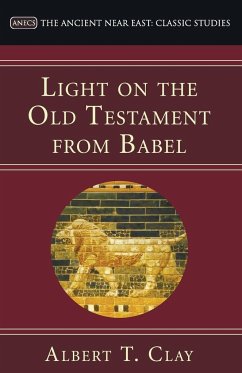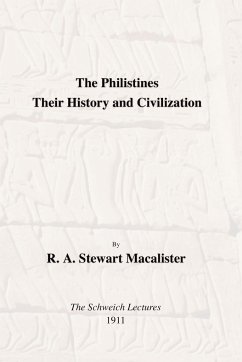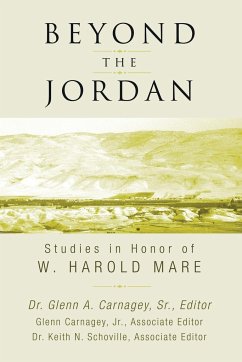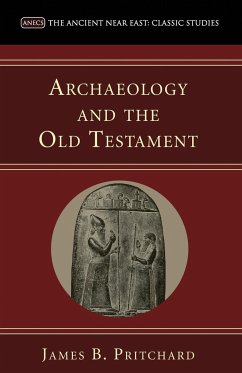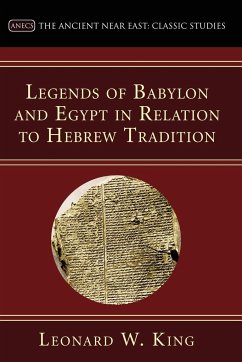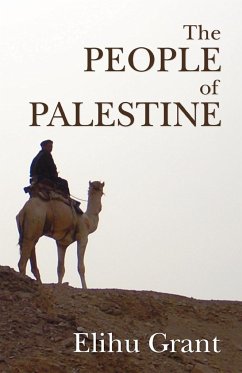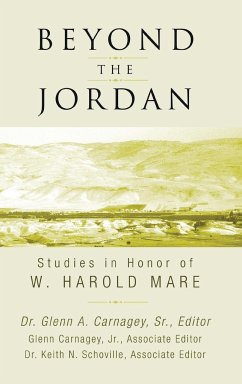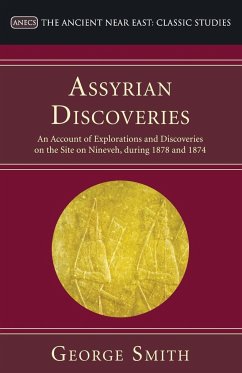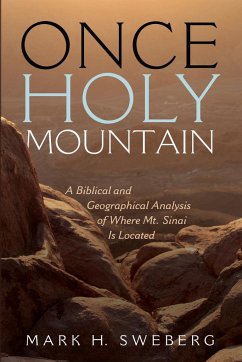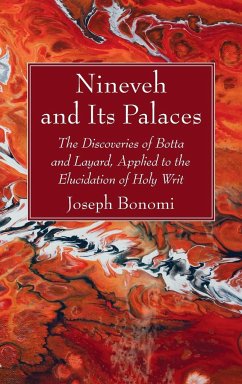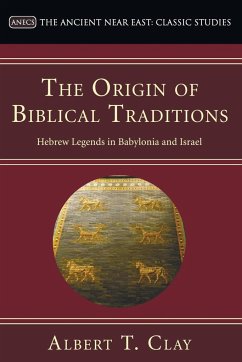
The Origin of Biblical Traditions
Versandkostenfrei!
Versandfertig in 1-2 Wochen
23,99 €
inkl. MwSt.

PAYBACK Punkte
12 °P sammeln!
Many scholars during the late nineteenth and early twentieth centuries argued that ancient Israel simply borrowed most of its culture and religion from Babylonia. In this volume Clay counters that West Semitic cultures (the Amorites) were already a developed civilization before Israel came under Babylonian influence. Writing a decade before the discoveries of Ugarit and Mari, Clay noted that there were numerous clues to West Semitic cultures. While some of his arguments and conclusion are no longer tenable, this work retains its interest for its place in the discussion. Without directly referr...
Many scholars during the late nineteenth and early twentieth centuries argued that ancient Israel simply borrowed most of its culture and religion from Babylonia. In this volume Clay counters that West Semitic cultures (the Amorites) were already a developed civilization before Israel came under Babylonian influence. Writing a decade before the discoveries of Ugarit and Mari, Clay noted that there were numerous clues to West Semitic cultures. While some of his arguments and conclusion are no longer tenable, this work retains its interest for its place in the discussion. Without directly referring to Clay, George Mendenhall affirms Clays fundamental point in this volume: from the MB Age on there was no region of the Levant that had not been influenced by the Amorite language and culture in various ways and various degrees. Their cultural and linguistic influence was a lasting one that is gradually coming to light, especially in the areas of religion and law (The Amorites, in 'Anchor Bible Dictionary').



